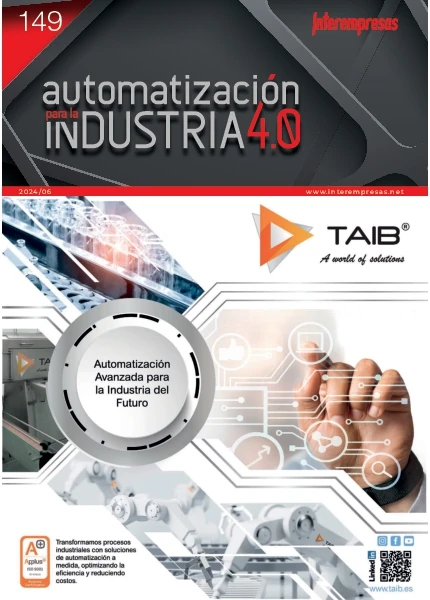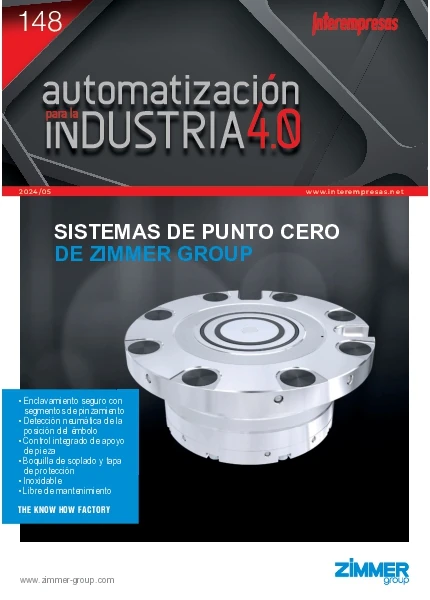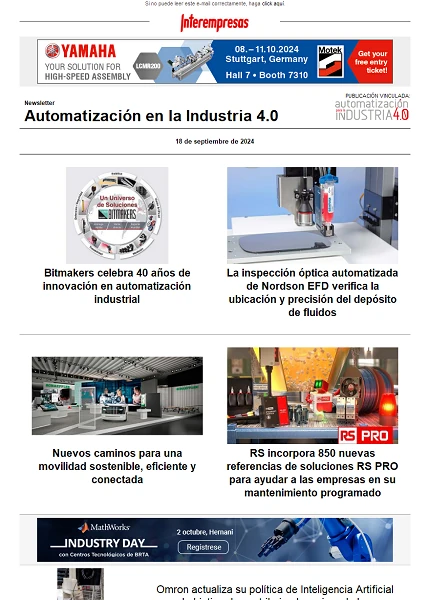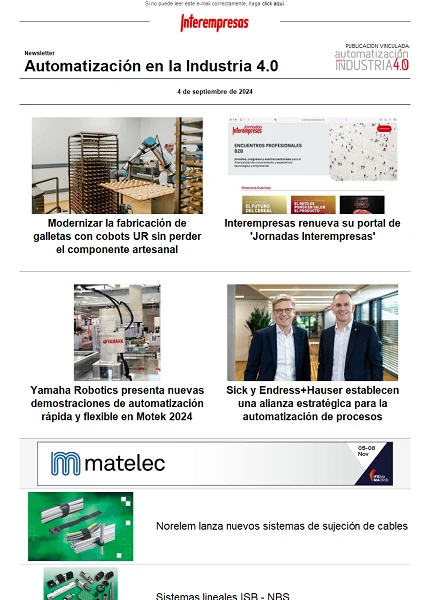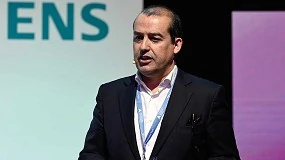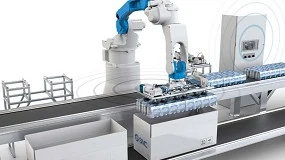La UPC controla los sensores del satélite SMOS, en la misión de la Agencia Espacial Europea para estudiar el cambio climático
5 de noviembre de 2009
Gracias al sensor Miras (Microwave Imaging Radiometer by Aperture Synthesis —un nuevo concepto de radiómetro diseñado por investigadores del grupo de radiometría de la UPC—) la misión espacial SMOS de la Esa efectuó por primera vez medidas sistemáticas y globales de la humedad del suelo y la salinidad superficial del mar, dos variables geofísicas básicas en el sistema climático de la Tierra y que permiten monitorizar el desarrollo sostenible de los recursos naturales.
La misión sirve para mejorar los conocimientos sobre el clima en los próximos años, concretamente en aspectos relacionados con el ciclo del agua, el cambio climático, la desertificación o el efecto invernadero.
El satélite SMOS proporcionará mapas de humedad del suelo y de salinidad de los océanos que hasta ahora nunca se habían podido obtener desde el espacio. La misión, que tiene una duración prevista de tres años y es la primera de la historia espacial europea dirigida por España, se enmarca dentro del programa 'Planeta Vivo”, concebido para avanzar en el conocimiento del comportamiento de la Tierra y desarrollar nuevas tecnologías de observación desde el espacio. La salinidad, por ejemplo, influye en la circulación de las masas de agua en los océanos que provoquen la formación de los fenómenos climatológicos conocidos como 'El Niño' o 'La Niña', que dan lugar a inundaciones o grandes sequías. La evaporación y la filtración dependen del grado de humedad del suelo y del contenido de agua de la vegetación, que son piezas clave para entender el ciclo hidrológico y vigilar las reservas de agua dulce del planeta.


